Harley's DEI Climbdown Isn't the Woke-ism Defeat You Think it Is
You may have seen this week that Harley-Davidson has decided to shelve its diversity, equity and inclusion (DEI) initiatives. Ostensibly, this action came as a result of criticism the company received from right-wing activists ─ certainly that's the way it's being reported in most media outlets.
The thing is, I'm pretty sure that's incorrect. In its magnificently obtuse way, Harley is saying as much. Though it's not quite going so far as to explain the real reason for its actions. Up until very recently, I was working for a consultation company that promoted itself as a DEI specialist. So, with that lens, I'm able to see that 1) Harley isn't actually rejecting DEI; and 2) its reason for appearing to do so is much more straightforward.
Harley-Davidson famously hates politics. Most motorcycle manufacturers do. Hell, most makers of most products do. Politics can be divisive, to the point of alienating or estranging whole segments of people. If you're trying to sell something ─ motorcycles, bananas, phones, whatever ─ it's not usually a good business strategy to anger a portion of your potential market.
Unfortunately, we live in a time when a lot of culture is political. And Harley-Davidson is, by its own admission, a culture. It sells more than bikes; it sells a lifestyle, a mindset, a way of living, a way of perceiving oneself. Even more unfortunately for Harley, the particular culture in which it thrives can be particularly political.
"We are saddened by the negativity on social media over the last few weeks, designed to divide the Harley-Davidson community," the company said in a statement issued on X (nee Twitter).
"As a Company, we take this issue very seriously," Harley's statement continued. "And it is our responsibility to respond with clarity, action and facts."
The statement then went on to give a broad overview of what the company is and isn't doing in terms of various HR initiatives, including DEI:
"We see it as every leader's role to ensure we have an employee base that reflects our customers and the geographies in which we operate," the statement said. "It is critical to our business that we hire and retain the best talent and that all employees feel welcome. That said, we have not operated a DEI function since April 2024, and we do not have a DEI function today."
In other words, Harley's leadership embraces the inherent concepts of DEI, but critics are barking into the void because its active DEI initiatives were shelved long before said critics decided to start complaining. The company is saying: "There's nothing wrong with it, but even if there were, we haven't been spending money on it since before you told us not to."
As I say, up until very recently, I worked for a "DEI specialist" organization. One of the things I observed from working in that industry is that, on the whole, it is terrible at communicating its ideas. It latches on to buzz phrases like "psychological safety," "intersectionality," or "systemic change" that may sound like palpable concepts but which have definitions that no one can totally agree on.
Because of this, its terminology can be misinterpreted. So, somewhere along the way, someone appears to have decided that DEI means: "giving your job to an unqualified black person/woman/one-legged transgender Asian/whatever, because left-wing reasons."
That's wrong. On so many levels. At its core, DEI is just the idea that you should feel like you belong at work. That your contributions and input will be assessed and heard fairly. It's not necessarily about race or religion or gender or even age. It's about everybody feeling like they have a stake in the work they're doing. In the organization I worked for, I regularly pushed to use the phrase "DEI: It's For White Guys, Too!" as a way to explain this, but they felt it was a little too pejorative.
Harleys are definitely for white guys. But it wasn't so long ago that the company was taking great pride in the fact that it was also the most popular brand among women, African Americans and Latinos. I'm pretty sure the documentary Harlistas: An American Journey is still available online. That was an H-D marketing project designed to imply a deep cultural connection between its products and the Latino community. Similar projects were produced focusing on women and African Americans.
Obviously, my having worked for a DEI organization means that I'm a communist who hates America. So, of course, I'm a little sad that the MoCo is choosing to mute its enthusiasm for these concepts. But, as I say, I'm not surprised.
The idea of 'belonging' at work is simultaneously obvious, nebulous, and not very sexy. Combine this with the DEI industry's penchant for bad communication and it's too often been the case that organizations will lean into the ROI side of DEI, arguing that this work will increase innovation, employee retention, and profit. "Invest in your people and they'll invest in your success!" is the basic pitch.
But you see the problem here, right?
If you take something that a business should just be doing because it's the right/moral thing to do and wrap it in a financial context you turn it into a commodity – a thing to have. Or not have.
Meanwhile, you may have noticed that everything costs too damn much. That's true in a lot of places around the world, especially in the "geographies" in which Harley operates. Harley-Davidson motorcycles have always cost too damn much – that's one of their USPs – but within the context of an environment where people feel inclined to cut back on spending, it means the company is feeling the pinch. Proof of this can be seen in layoffs that were initiated earlier this summer, and the company's reported decision to ship production of the Pan America and Sportster models to Thailand.
If DEI initiatives are seen as nice-to-haves, they become some of the first things jettisoned when times get tough. The fact is: at the moment, a lot of companies are quietly pulling back on or outright cutting DEI initiatives. And the effect is filtering its way down. You'll note that I said I worked for a consultation organization "up until very recently." I was laid off in July.
So, Harley-Davidson's DEI pullback has nothing to do with social media pressure. Like many other good ideas in the company's storied history – from the V4 Nova project, to Buell, to whatever was supposed to have happened with LiveWire – DEI has been shuffled out of view for one simple reason: money.
Become a Motorcycle.com insider. Get the latest motorcycle news first by subscribing to our newsletter here.
More by Chris Cope


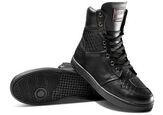
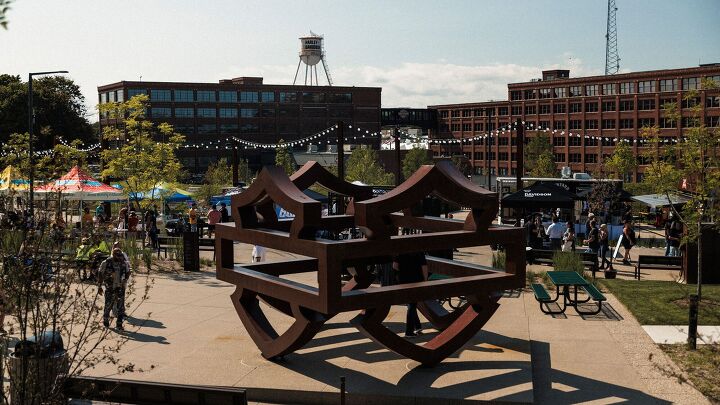
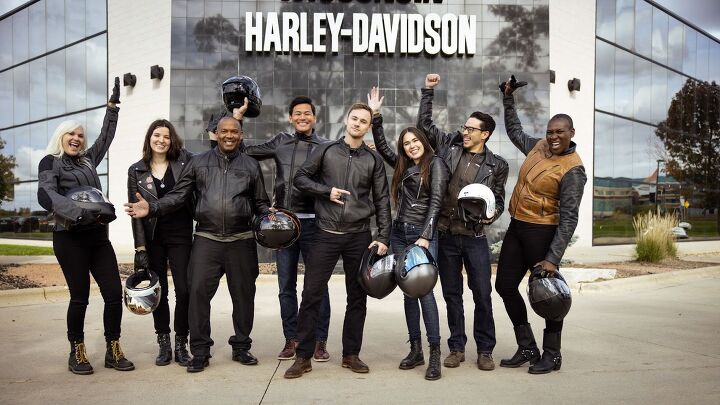
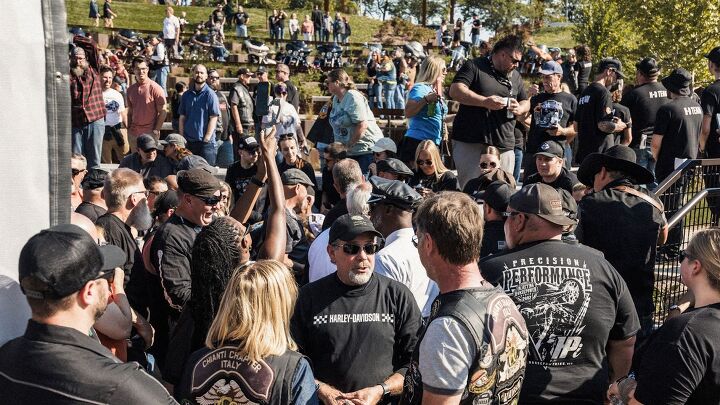
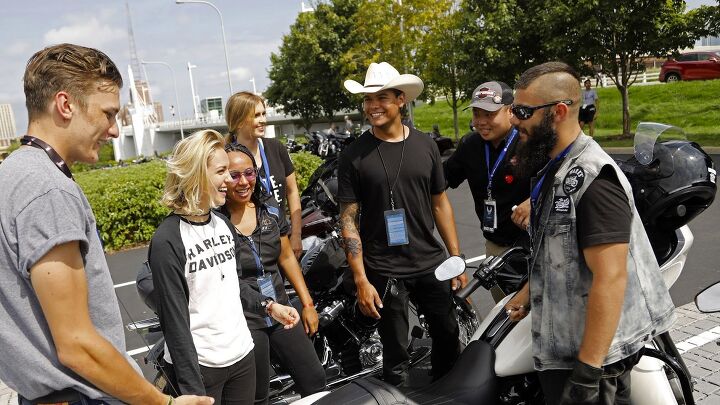
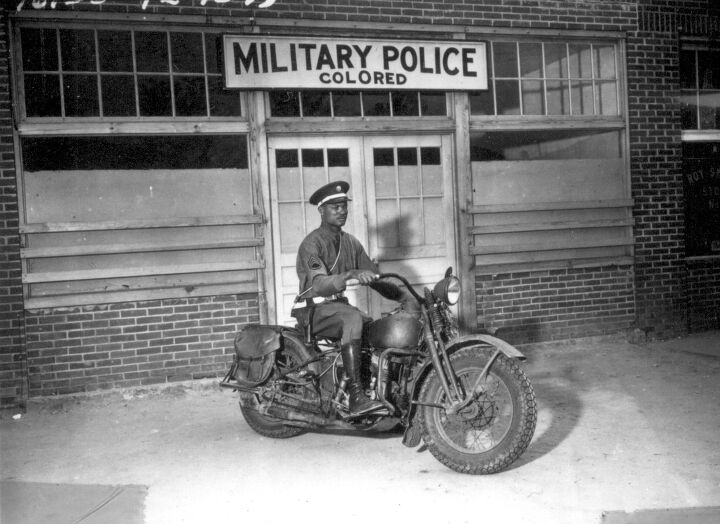
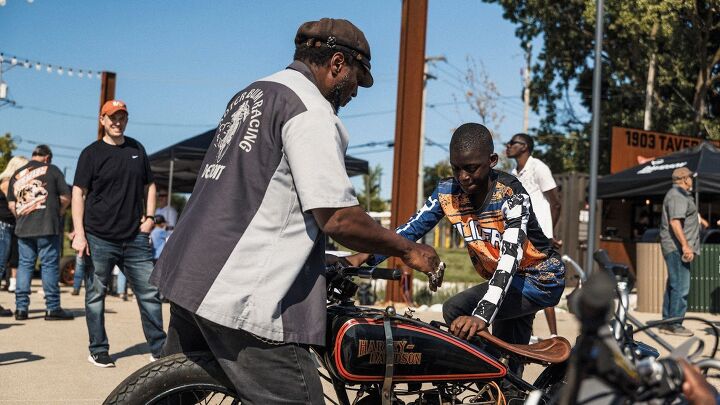
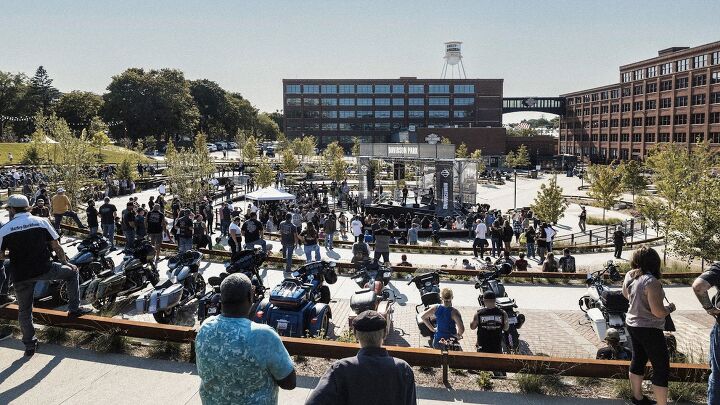




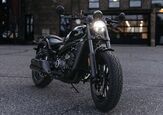



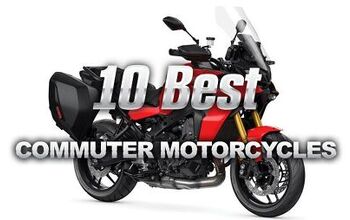
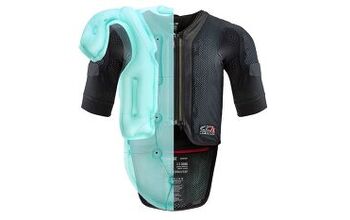
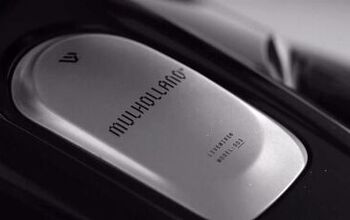
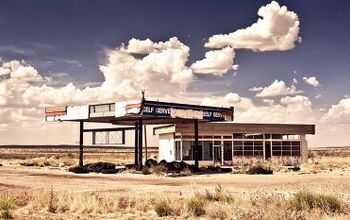

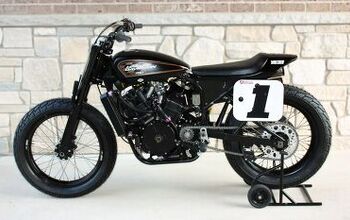
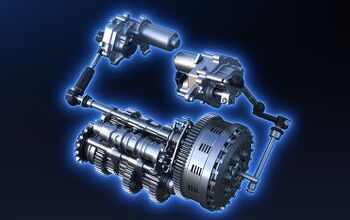
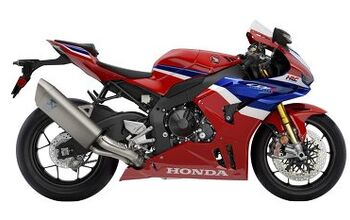
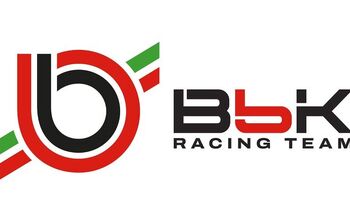
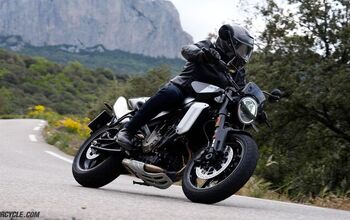
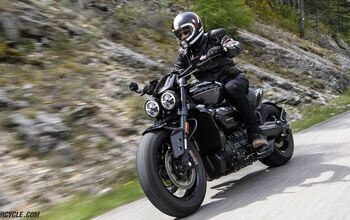
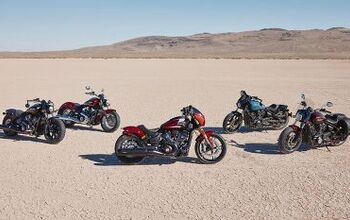

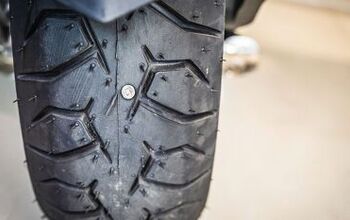

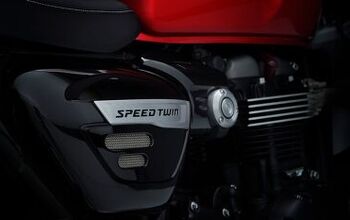
Comments
Join the conversation
I think it's interesting that all these people coming out against DEI site that it's not fair to pass over the "most qualified person" and hire someone because of some other aspect like diversity or inclusion, etc.
BUT, they sure never spoke up about what was fair before when the "most qualified person" got passed over all the time to hire a white male instead!!! :) :) :)
Before DEI they had quotas in some government positions and my father got passed up for a promotion for someone who was less qualified, (did not meet all requirements for the position), but being a minority female they helped make the hiring quota so she got the position anyway. So it's not like I don't see both sides of the argument.
Intoomuch, there is no such thing as "far-left" in American politics. Except for the handful of campus radicals emboldened by American policy regarding the Vietnam War, there hasn't been a significant "far-left" political movement since the 1930s.
Obligatory MC content: I prefer the sport-touring posture, but age and injury have pushed me toward a foot-forward riding position. The bike that appeals to me the most right now is the FLSB Softail Sport Glide. But H-D, in its infinite wisdom, no longer sells that model in the US. The closest I can come to that bike is either a Low Rider ST with its ridiculously high handlebars and mid-position controls, requiring thousands of dollars in modifications, or an 850# Street Glide, both of which sell for multiple tens of thousands of dollars.
Harley's CEO has made it a point to drive up the cost of their bikes to preserve their 'premium' cachet. Yet, when I asked for the trade-in value of my '04 V-Rod, the quote came in at $4000-$6000 less than the Blue Book value.
As it stands, H-D is beholden to its nutcase reactionary customers for whom the bikes are a lifestyle statement. It won't be long until the Pan-Am goes the way of the V-Rod, the various sporting models, and the Buell. Harley has had multiple opportunities to become a multi-faceted motorcycle company and turned away each time. Meanwhile, my local dealer has dozens of bikes on the showroom floor and dozens of used models in the parking lot. Imagine if those bikes were priced within reach of younger riders. It might just help create a new renaissance for motorcycling.